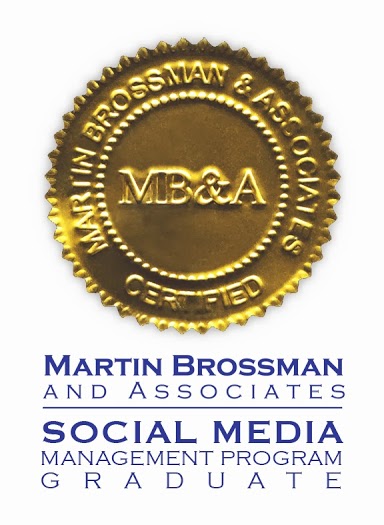Pricing Basics for Making Money Doing What You Love
Writing this review in part to respond to the person who said the 5-star people must be family members. Not at all. Simply people who perhaps didn’t take a business course in high school (do they have those courses now?), or didn’t understand accounting as it was presented in college, or never thought they would be considering self-employment after 20 years of picking up a paycheck.
After eight years of part-time home business, I have missed grasping the difference between billable hours, overhead costs, and profit. I am most grateful that I had the sense to pick this book up at the library (“doing what you love” caught my eye) and now I am here buying it, and its companion. It took no time at all to read How Much Should I Charge, and perhaps buying it is a waste of money. I get the concept now.
However, I have spent a lot of time not understanding the concept, and I won’t be surprised if the finer points evaporate before I complete all the price-development exercises. I can make $30 back in one adjusted price on a piece of art.
I am envious, perhaps, of people who intuitively understand the relationship between effort and costs and pricing. Those people will waste their time and money with this book. I’m almost tempted, however, to buy in bulk and give copies away as project-end gifts to a number of contractors I know who, like me, flail when it comes to understanding the connection between their work and their income. Their rates may go up, but they will be more likely to stay in business…



Follow Us!